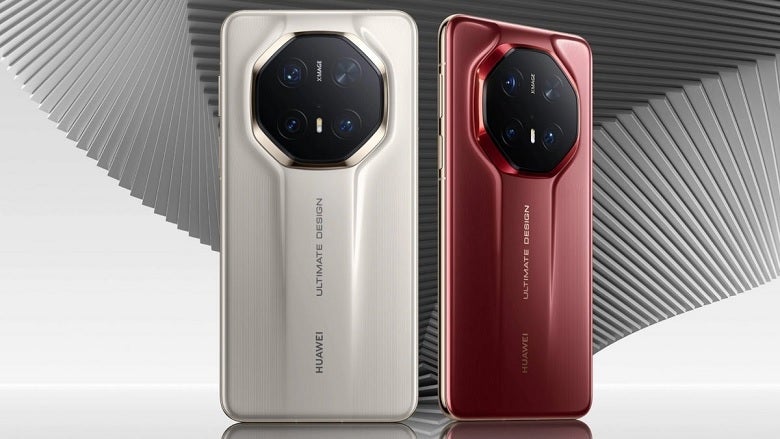U.S. is about to tighten the screws on Huawei again

In 2019 the U.S. placed Huawei on the entity list blocking the Chinese manufacturer from accessing its U.S. supply chain. American firms would have to obtain a license from the U.S. Commerce Department in order to do business with Huawei. Exactly one year later, the U.S. changed its export rules preventing foundries that use U.S. technology to build chips from shipping cutting-edge (read 5G) chips to Huawei.
Huawei was definitely impacted by the U.S. sanctions although last year it created a stir in China and the U.S. It did this by equipping the flagship Mate 60 line with a new Kirin chip designed by Huawei's HiSilicon unit and built by China's largest foundry, SMIC. Since Huawei designed the chipset itself and had it built by a Chinese foundry, it disregarded the U.S. sanctions and the new Kirin chip supported 5G. That made the Mate 60 series the first flagship phones from Huawei to be equipped with a 5G-supporting processor since 2020's Mate 40 line.
While the new chip and phones sparked a wave of nationalism in China, in the U.S. lawmakers were beside themselves. When rumors surfaced earlier this year about Huawei and SMIC teaming up to produce an even more advanced chipset for the Mate 70 series, sales of blood pressure meds in Washington D.C. shot up. While we found out that the Kirin 9020 processor used to power the Mate 70 line is nothing more than an incremental improvement over last year's silicon, U.S. lawmakers still plan on sharpening their pencils so they can write a new bill.

The top-of-the-line Huawei Mate 70 RS Ultimate Design. | Image credit-Huawei
The new bill would prevent companies that sell computer chips and provide services to Huawei from doing business with the Pentagon. The bipartisan National Defense Authorization Act would ban sales of semiconductors, chip-making gear, and tools used to design semiconductors to Huawei and companies it is affiliated with.
Companies involved in the manufacture of chips and the tools to make chips will have to make a decision whether to stop doing business with Huawei or end up losing sales to the Pentagon. Considering that the Pentagon committed $460 billion to contracts last year, it is pretty easy to guess what these companies will decide to do.
In 2021, 2022, and 2023, Huawei was able to use versions of Qualcomm's Snapdragon application processors to power its flagship phones such as the P50, Mate 50, and P60 models. Qualcomm had received a license from the Commerce Department to ship these chipsets to Huawei. The components were tweaked so that they would not work with 5G signals. However, earlier this year the U.S. revoked Qualcomm's license.
If the bill passes the House and Senate, it would have to be signed by the president. Any new sanctions against Huawei won't take place until 270 days after the president affixes his signature to the bill.










Things that are NOT allowed: